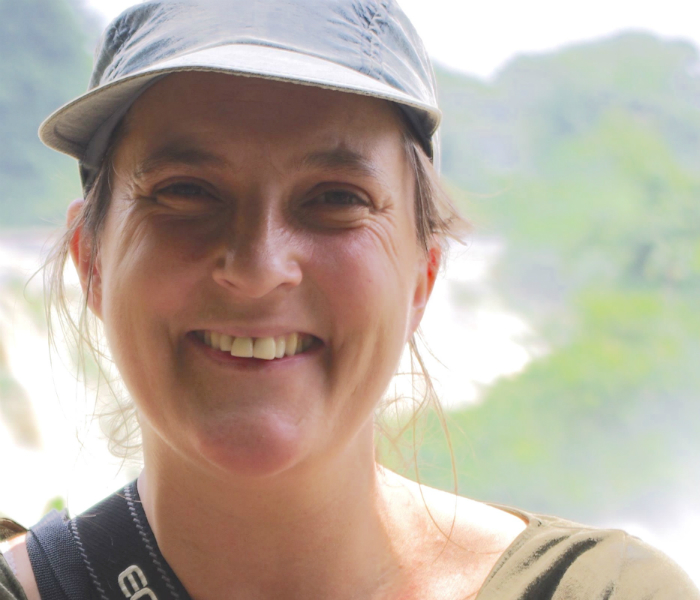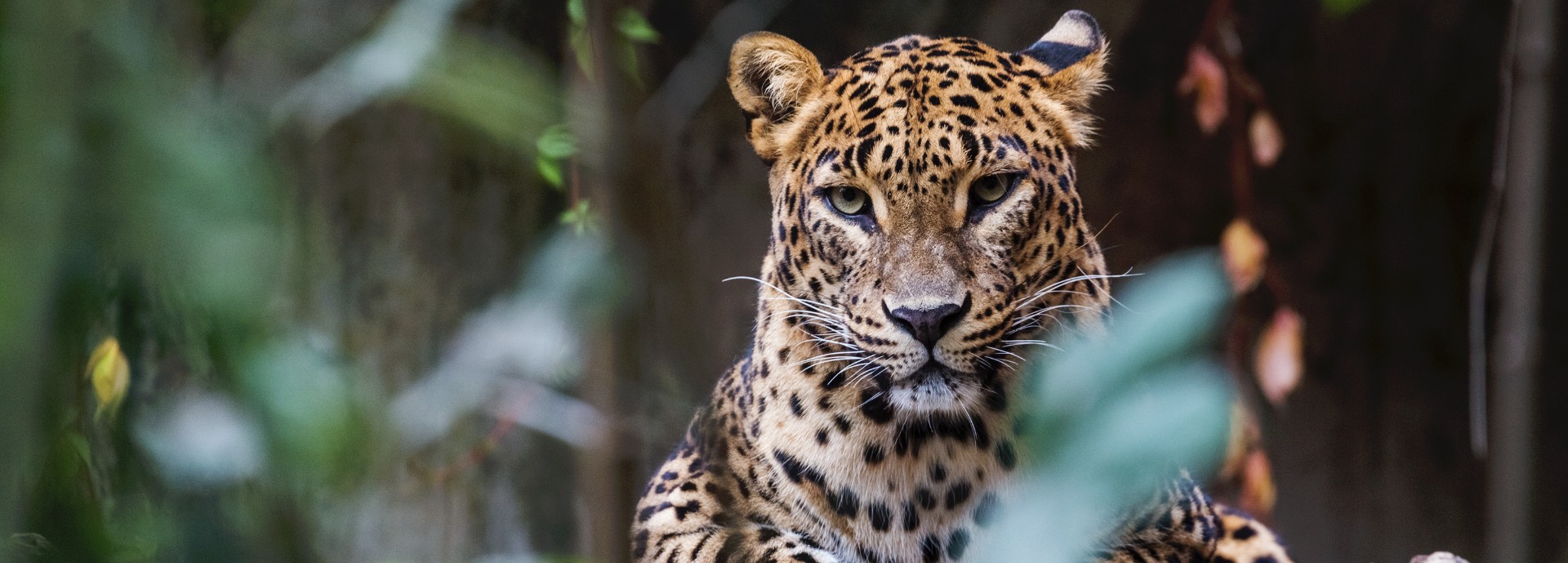A new report – commissioned by a leading international organisation – promotes the creation of a sustainable wild meat sector to protect disadvantaged people and endangered species from hunting.
Produced for the Convention on Biological Diversity (CBD), the paper – co-authored by a University of Stirling academic – addresses the unsustainable harvest rates of wild meat that is endangering the integrity of ecosystems and threatening the livelihoods of many vulnerable people across the world.
The report – entitled “Towards a sustainable, participatory and inclusive wild meat sector” – presents an extensive compilation of the current knowledge on wild meat use; drivers and impacts; and provides recommendations on how to improve wild meat governance and management.
The University of Stirling is a leader in this field and Dr Katharine Abernethy, of the Faculty of Natural Sciences, wrote two chapters of the report and authored several of the papers cited within it.
It comes after Dr Abernethy received funding from the UK Research and Innovation Global Challenges Research Fund (UKRI GCRF) to investigate the social, economic and environmental impacts of trade in wildlife and wild meat in Central Africa.
She said: “While some people choose to eat wildlife, others do so because they have access to no other meats nor protein-rich vegetables, especially in rainforests that are not suitable for farming.
“The new report emphasises the need to consider both food security for people who still rely on hunting for their protein, as well as the survival of endangered species. It outlines the problem and provides an overview of why people hunt wildlife, what drives them to hunt more than can be sustainably harvested, and what might persuade or enable them to act differently.
“It looks at how land and wildlife managers could promote co-existence and sustainable hunting and what obstacles must be overcome, as a global society, to facilitate this.”

Reader, Biological and Environmental Sciences Faculty of Natural Sciences
Millions of people in the tropics use wildlife for food and many will suffer food insecurity if wildlife is driven to extinction. Therefore, sustainable solutions need to be found for both human and wildlife survival.
The report – led by Dr Lauren Coad, of the Centre for International Forestry Research – is the first on this issue that the CBD have produced in more than a decade. Since the last report, from 2008, the illegal wildlife trade – including trading for meat – has become the most widespread global threat to mammal species survival and the second-most lucrative illegal trade in the world, after drugs.
Dr Abernethy added: “Millions of people in the tropics use wildlife for food and many will suffer food insecurity if wildlife is driven to extinction. Therefore, sustainable solutions need to be found for both human and wildlife survival.”
The research presented in the report provides the platform for the UKRI GCRF work-package to investigate how trade in wild meat affects biodiversity, and consider potential sustainable solutions.
Stirling will receive around £390,000 as part of the multi-million pound project, which aims to make trade a positive force for both marginalised people and nature conservation.

